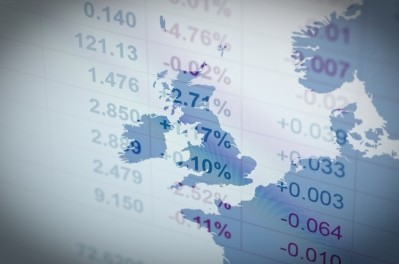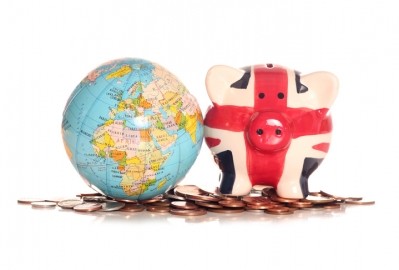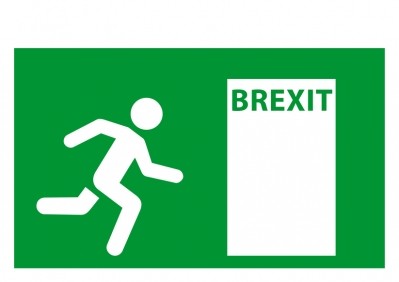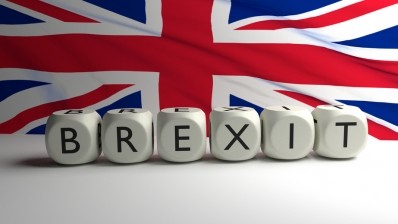No-deal Brexit and food prices: How much will it push up the average basket?
Britain is due to leave the on 29 March.
As UK Prime Minister Theresa May works to re-open the withdrawal deal - an agreement two years in the making that Brussels insists will not be re-visited - there seems little hope that she can win over support in the House of Commons for her vision of the UK's 'divorce' settlement.
Brexit backing Tory MPs and Northern Ireland's DUP have ruled out supporting a proposal that would see the so-called 'backstop', a customs arrangement aimed at avoiding a hard boarder with Ireland, implemented. Other factions want to see a softer Brexit that would ensure closer ties with the EU, a general election that could re-set negotiations, or, indeed, a second referendum that could potentially reverse the decision to leave entirely. There is no clear majority for any of these options in Parliament.
On the other side of the channel, sources tell this publication that the European Commission is "angry" that it has "wasted two years" negotiating a deal with May's team that does not having the backing of British politicians.
No-deal is starting to look like a serious possibility.
In meetings this week with the Commission's chief negotiator Michel Barnier, representatives of the European food industry urged the EC to take unilateral action to keep food trade flowing, something it is believed will only happen if the UK takes similar steps. It wants food, like medicine, to be given special treatment so that goods are not left rotting at the ports.
Meanwhile, the UK's Food and Drink Federation has long been warning that the possibility of a no-deal Brexit would be bad for British businesses and consumers. According to the FDF, preparations for a no-deal, such as the stockpiling of ingredients, are already costing British food makers dearly.
If a deal cannot be reached, UK industry will be faced with the 'cliff edge' of trading on World Trade Organization terms. This will further increase costs because imported food and ingredients will be subject to tariffs. Currently, the UK imports 30% of the food it eats from the EU.
This additional expense will likely be passed along to consumers, resulting in higher food costs. Financial advisery group NimbleFins has calculated the impact the extra tariffs alone will have on food prices, based on data from the WTO and the Office of National Statistics.
Watch the video to find out how much a no-deal Brexit could add to the average UK grocery basket.

















